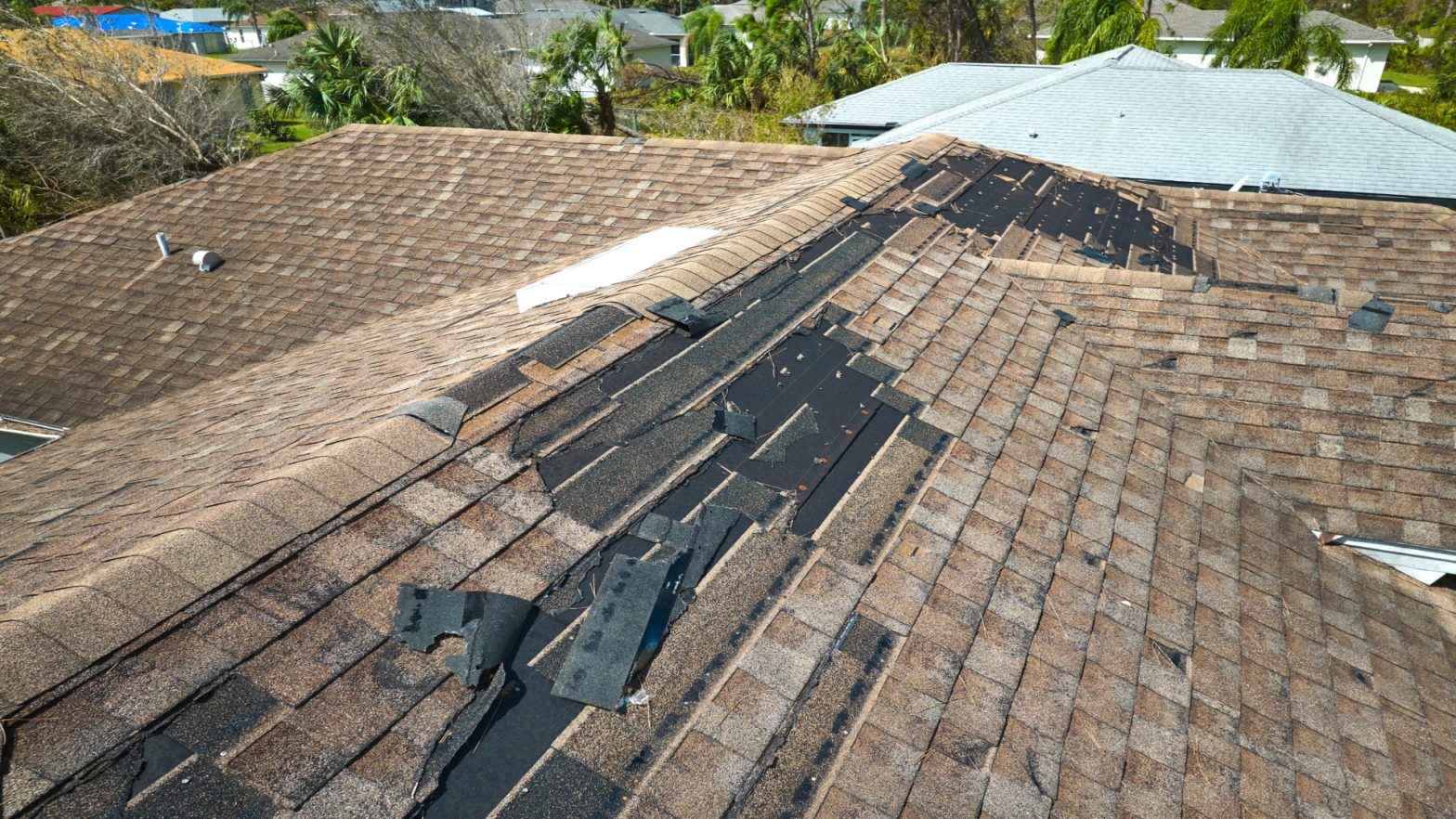Discover the importance of understanding roof warranties, their types, coverage, and exceptions to protect your roofing investment. Learn what homeowners should know to make informed decisions.
As a homeowner, a new roof is one of the most significant investments, so to safeguard it, spending on regular maintenance is a must to avoid costly repairs. Unfortunately, even with proper maintenance, roofs can sustain damage over time, potentially requiring a full replacement, which can be a significant financial burden.
A roof warranty provides a safety net to avoid costly unplanned roof replacement. In this roof warranty guide, we will help you understand the types of warranties, their coverage, and their limitations so that you can be equipped with the knowledge to determine whether a roof warranty is the right choice for your property.
What is a Roof Warranty?
A roof warranty is a written assurance provided by the manufacturer or installer of a roof that guarantees the performance and quality of the roof for a specific period.
It serves as a promise or guarantee from the company that made or installed your roof, stating that if something goes wrong within a certain timeframe, they’ll fix it or replace it without you having to incur additional costs.
Hiring trusted contractors such as residential roofing Sarasota provides homeowners peace of mind and protection. Ensuring the roof warranty covers them against defects or installation errors is essential.
However, it’s important to remember that, like any guarantee, there are rules and conditions you need to follow to maintain its validity.
There are different types of roofing warranties:
- Manufacturer’s Warranty: The company that made the roofing materials provides this warranty. It covers any defects or problems with these materials at the time of purchase. This warranty typically lasts for several years or even a lifetime. However, it does not cover any issues related to the installation work or labor costs.
- Workmanship Warranty: The roofing contractor who installed the roof offers this warranty. It covers any problems due to poor workmanship or mistakes made during installation. The workmanship warranty may also cover repairs that are needed later on.
- Extended Manufacturer Warranty: Some roofing companies provide an extended warranty covering materials and installation costs. This warranty covers the full cost of roofing materials and labor for installation if an authorized contractor does the work. The extended manufacturer warranty offers long-lasting coverage for homeowners who purchase all materials from a single manufacturer.
It’s important to remember that the specific details and coverage can vary greatly between different roof warranties. Homeowners should carefully review the warranty documents to understand precisely what each type of warranty they receive covers and does not cover.
What Are Covered in a Roof Warranty?
A roof warranty typically covers several aspects related to the performance and quality of the roofing materials and installation. Here are some of the key things that the roof warranty usually covers:
- Manufacturing Defects – The manufacturer’s warranty covers defects in the roofing materials. This includes issues like premature deterioration, cracking, buckling, or other problems not caused by external factors or improper installation.
- Workmanship and Installation – The workmanship warranty, provided by the roofing contractor or installer, covers issues related to the installation process. This includes leaks, roofs blown off by wind, or other problems that result from incorrect installation methods or mistakes made during the roof installation.
- Wind Resistance – Many roof warranties guarantee that the roofing materials will withstand wind up to a certain speed or category of storm, typically ranging from 60 to 130 mph, depending on the product and location.
- Algae Resistance – Some warranties, particularly for asphalt shingles, cover algae growth or discoloration caused by algae on the roof’s surface. These warranties may provide for the cleaning or replacement of affected shingles.
- Weathering and Exposure – The manufacturer often guarantees roofing materials against excessive weathering, fading, or cracking due to exposure to sunlight, rain, and other environmental factors within a specified timeframe.
It’s important to note that roof warranties often have limitations and exclusions. It’s essential to be aware of the exclusions to maximize to help you avoid actions that could void the warranty. Here are the few exceptions:
- Neglectful Roof Maintenance – Failure to properly maintain your roof can invalidate the manufacturer’s warranty. For example, if you neglect routine gutter cleaning, the warranty is unlikely to cover any water damage that results from clogged and overflowing gutters. Diligent upkeep is essential to preserving the protection offered by the original roofing guarantee.
- Substandard Installation – The manufacturer’s warranty won’t cover issues related to poor installation, so obtaining a separate contractor roof warranty is crucial.
- Severe Weather Conditions – Insurance policies frequently exclude coverage for damage from extreme weather conditions like hurricanes or tornadoes. However, if your shingles become dislodged or cracked due to aging rather than severe storms, the manufacturer’s warranty should cover the replacement cost without additional expenses.
Conclusion
To sum it all up, roof warranties are crucial for homeowners. They provide peace of mind and protection for the money spent on a new roof. Homeowners can make smart decisions by understanding the types of warranties, what they cover, and what could make them invalid.
By carefully reviewing the warranty documents and adhering to the specified conditions, homeowners can ensure that their investment in a new roof is safeguarded against defects, installation errors, and environmental factors, ultimately maximizing the lifespan and performance of their roofing system.
Peter Hansen
Peter Hansen is an experienced roofing expert with over 15 years in the industry. He has authored numerous articles and blogs, sharing his extensive knowledge about roofing materials, installation techniques, and warranty details. When not writing or consulting on roofing projects, Peter enjoys spending time with his family and playing golf on the weekends.

































